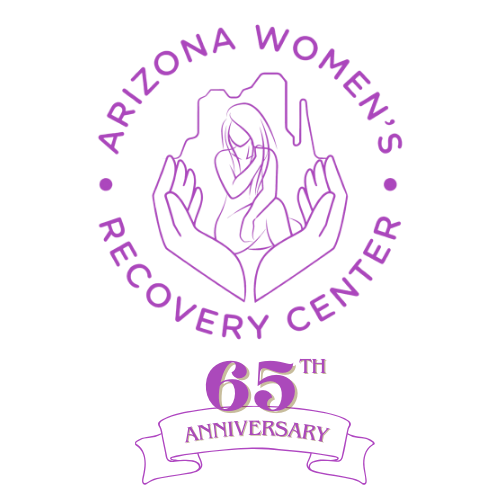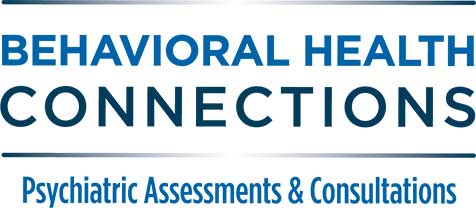Katie always enjoyed a glass of wine to unwind a few times per week. In recent months, one glass became two or more, sometimes a whole bottle. She told herself she was just releasing the pressure of balancing work and helping to care for her grandkids. But she’s finding it harder to get going in the morning and occasionally feels cravings for a drink during stressful times in the workday. Her friends and family have noticed a change but are not sure how to talk to her about it.
Many people enjoy an alcoholic beverage or two on occasion with friends or family, but alcohol can be addictive. As we age, alcohol consumption can also make existing health problems worse and have dangerous interactions with some medications. Anyone… at any age can develop an unhealthy reliance on alcohol.
Sometimes, families, friends, and health care workers may overlook the concerns about older people drinking. This can be because the side effects of drinking in older adults are sometimes mistaken for other conditions related to aging, for example, a problem with balance.
How the body handles alcohol changes with age
As you grow older, health problems or prescribed medicines may require you drink less alcohol or avoid it completely. You may notice that your body’s reaction to alcohol is different than before. Some older people feel the effects of alcohol more strongly without increasing the amount they drink. This can make them more likely to have accidents such as falls, fractures, even car wrecks. And, older women are more sensitive than men to the effects of alcohol.
Some people develop a harmful reliance on alcohol later in life as a result of major life changes, like the death of a spouse or loved one, moving to a new home, and failing health. These types of changes can cause loneliness, boredom, anxiety, or depression. In fact, depression in older adults often aligns with drinking too much.
Does drinking damage the body?
Drinking too much at one time or on any given day, or having too many drinks over the course of a week, increases the risk of harmful consequences, including injuries and health problems. People who consistently misuse alcohol over time are at greater risk of developing alcohol use disorder.
Drinking too much alcohol over a long time can:
- Lead to some kinds of cancer, liver damage, immune system disorders, and brain damage.
- Worsen some health conditions such as osteoporosis, diabetes, high blood pressure, stroke, ulcers, memory loss, and mood disorders.
- Make some medical conditions difficult for doctors to accurately diagnose and treat. Alcohol causes changes in the heart and blood vessels. These changes can dull pain that might be a warning sign of a heart attack.
- Causes some to be forgetful and confused — symptoms that could be mistaken for signs of Alzheimer’s disease or a related dementia.
Alcohol and medicines
Many medicines — prescription, over the counter, or herbal remedies — can be dangerous or even deadly when mixed with alcohol. Many older people take medications every day, making this a particular concern.
If you take aspirin and drink, your risk of stomach or intestinal bleeding increases.
When combined with alcohol, cold and allergy medicines (antihistamines) may make you feel very sleepy.
Alcohol used with large doses of acetaminophen, a common painkiller, may cause liver damage.
Alcohol used with some sleeping pills, pain pills, or anxiety/anti-depression medicine can be deadly.
Most importantly remember there is no shame in asking for professional help.
(Source: https://www.nia.nih.gov/health/facts-about-aging-and-alcohol)





































